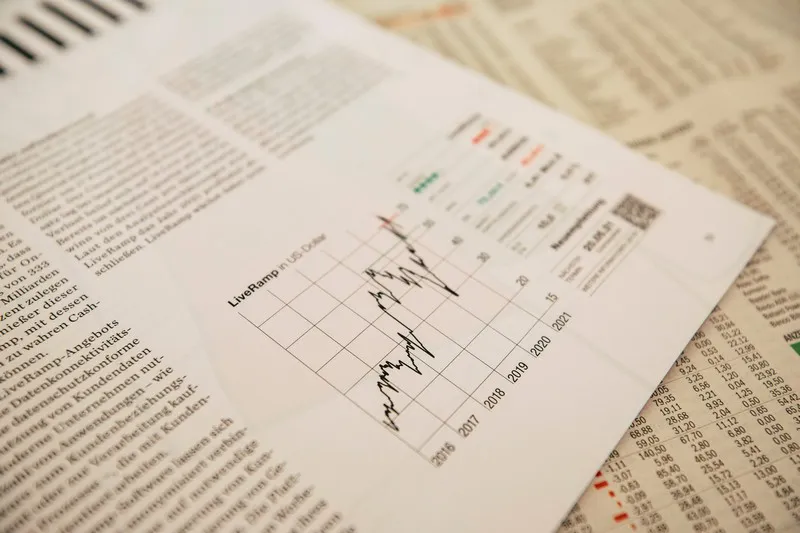In the field of sociology, the concept of perpetual economic growth has been a topic of much debate and analysis. While economic growth is often seen as a positive indicator of progress and development, sociologists argue that it is not sustainable in the long run. This article aims to outline and explain the impossibility of perpetual economic growth from a sociological perspective.
The Myth of Infinite Resources
One of the key arguments against perpetual economic growth is the finite nature of resources. Sociologists emphasize that the Earth has limited resources, and the continuous extraction and consumption of these resources for economic growth is not sustainable. As population growth and industrialization continue to put pressure on natural resources, it becomes increasingly clear that the Earth’s resources are not infinite.
This finite nature of resources leads to various consequences, such as environmental degradation, depletion of non-renewable resources, and the loss of biodiversity. Sociologists argue that these consequences are a direct result of the pursuit of perpetual economic growth without considering the long-term consequences.
The Social and Inequality Implications
Perpetual economic growth also has significant social and inequality implications. While economic growth may lead to increased prosperity for some, it often exacerbates existing inequalities within societies. Sociologists argue that the benefits of economic growth are often concentrated in the hands of a few, while the majority of the population continues to struggle with poverty and limited access to resources.
This unequal distribution of wealth and resources can lead to social unrest, political instability, and a widening gap between the rich and the poor. Sociologists emphasize the importance of addressing these social and inequality issues rather than solely focusing on economic growth as a measure of societal progress.
The Fallacy of Endless Consumption
Another aspect that sociologists highlight is the fallacy of endless consumption. Perpetual economic growth relies on continuous consumption, which often leads to overconsumption and waste. Sociologists argue that this consumer-driven culture is unsustainable and detrimental to both the environment and individuals’ well-being.
Endless consumption not only puts strain on natural resources but also contributes to the creation of a throwaway society, where products are rapidly discarded, leading to increased waste and pollution. Sociologists advocate for a shift towards sustainable consumption patterns that prioritize long-term well-being and environmental preservation over short-term economic growth.
Alternative Measures of Progress
Sociologists propose alternative measures of progress that go beyond economic growth. These measures focus on factors such as social well-being, quality of life, and environmental sustainability. By considering these broader indicators, societies can strive for a more balanced and sustainable approach to development.
Examples of alternative measures of progress include the Human Development Index (HDI), which takes into account factors such as education, healthcare, and income distribution, and the Genuine Progress Indicator (GPI), which factors in environmental and social costs of economic activity.
Conclusion
From a sociological perspective, the concept of perpetual economic growth is seen as both unrealistic and unsustainable. The finite nature of resources, the social and inequality implications, the fallacy of endless consumption, and the need for alternative measures of progress all contribute to the argument against perpetual economic growth.
Sociologists emphasize the importance of adopting a more holistic approach to development that takes into account the well-being of individuals, the preservation of the environment, and the reduction of social inequalities. By shifting the focus from perpetual economic growth to sustainable development, societies can strive for a more equitable and environmentally conscious future.





